Table of content
- Immediate Identification and Isolation
- Discard the Stale Brine
- Thoroughly Clean and Sterilize Containers
- Prepare Fresh Brine
- Inspect and Clean the Eggs
- Implement Proper Storage Conditions
- Regular Monitoring and Maintenance
- Use Preservatives Sparingly and Wisely
- Experiment with Different Pickling Techniques
- Educate and Involve Family Members
Introduction
Pickling salted duck eggs is a traditional culinary practice that dates back centuries in many Asian cultures, particularly in China. The process involves immersing duck eggs in a brine solution, often enriched with various spices and flavors, to develop a unique taste and texture. However, one common challenge faced by home cooks and small-scale food producers is the potential for the pickling water to become stale or develop an unpleasant odor over time. This article delves into the reasons behind the staleness of pickling water, the potential health risks associated with it, and most importantly, comprehensive steps to address and prevent this issue.
Understanding the Causes of Stale Pickling Water
Before discussing how to handle stale pickling water, it’s crucial to understand what causes it to deteriorate. Several factors contribute to the development of an unpleasant odor in the pickling brine:
-
Bacterial Growth: The presence of bacteria, either from improper handling, contaminated ingredients, or exposure to air, can lead to the proliferation of microorganisms that produce off-flavors and odors.
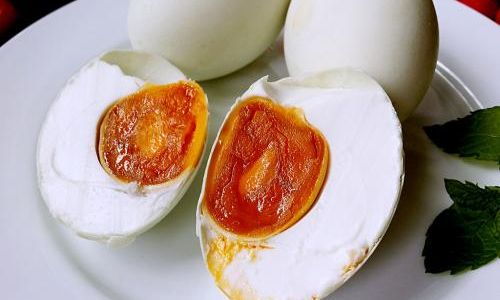
-
Improper Storage Conditions: Storing the pickling jars in warm or humid environments accelerates bacterial growth and chemical reactions that can spoil the brine.
-
Imbalance in Brine Composition: A brine that is too weak (low in salt content) or too rich in organic matter (such as egg shells or debris) provides an ideal environment for bacteria to thrive.
-
Duration of Pickling: The longer the eggs are left in the brine, the higher the risk of the water becoming stale, especially if not regularly monitored and refreshed.
-
Chemical Reactions: Over time, certain chemical reactions can occur within the brine, such as the breakdown of proteins and fats from the eggs, leading to changes in taste and smell.
Potential Health Risks
Stale pickling water not only affects the quality and taste of the final product but also poses potential health risks. Consuming food prepared with spoiled brine can lead to food poisoning, characterized by symptoms such as nausea, vomiting, diarrhea, and abdominal pain. Pathogenic bacteria, such as Salmonella or Staphylococcus aureus, can thrive in stale conditions and cause severe illness when ingested.
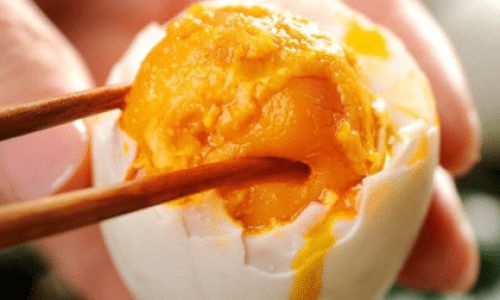
Moreover, the presence of harmful toxins, such as biogenic amines or histamine, which can form as a result of bacterial activity, further exacerbates the health risks associated with stale pickling water. These toxins can cause allergic reactions or more severe health issues, including respiratory distress and cardiovascular problems.
Steps to Handle Stale Pickling Water
Immediate Identification and Isolation
The first step in addressing stale pickling water is to promptly identify it. Signs of stale water include a strong, unpleasant odor, changes in color (darker or murkier appearance), and the presence of floating debris or sediment. Once stale water is detected, isolate the affected jars to prevent cross-contamination of other food items.
Discard the Stale Brine
Unfortunately, once the pickling water becomes stale, it’s often not feasible to salvage it. The best practice is to discard the entire brine and start fresh. This ensures that any harmful bacteria or toxins are removed from the pickling process.
Thoroughly Clean and Sterilize Containers
After discarding the stale brine, thoroughly clean and sterilize the pickling containers. Use hot, soapy water and a scrub brush to remove any residue or debris. For added safety, rinse the containers with a bleach solution (one tablespoon of bleach per gallon of water) or immerse them in boiling water for a few minutes to sterilize. Allow the containers to air dry completely before use.
Prepare Fresh Brine
Creating a new brine solution is crucial for successful pickling. Use high-quality water, preferably filtered or bottled, to avoid introducing contaminants. The salt content should be at an appropriate level—typically around 20-30% by weight of the water—to inhibit bacterial growth. Consider adding a small amount of vinegar or sugar to help balance the flavor and act as a natural preservative.
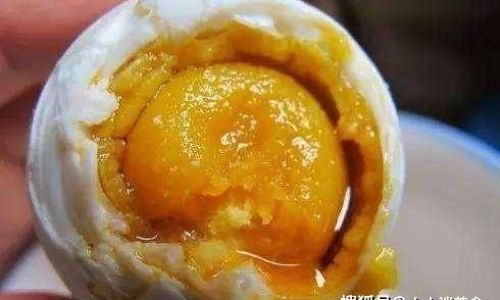
Inspect and Clean the Eggs
Before immersing the eggs in the fresh brine, inspect them carefully for cracks or dirt. Gently wash the eggs under cold running water and dry them thoroughly with a clean cloth or paper towel. Cracks can allow bacteria to enter the egg, while dirt can contaminate the brine.
Implement Proper Storage Conditions
Store the pickling jars in a cool, dark place away from direct sunlight and heat sources. Temperature control is vital; ideally, the storage area should maintain a consistent temperature between 40-50°F (4-10°C). This slows down bacterial growth and preserves the quality of the brine.
Regular Monitoring and Maintenance
Regularly check the pickling jars for signs of staleness or contamination. Use a clean spoon or ladle to avoid introducing bacteria from your hands or other surfaces. If you notice any changes in odor, color, or clarity, address the issue immediately by refreshing the brine or discarding affected eggs.
Use Preservatives Sparingly and Wisely
While some recipes recommend adding preservatives like calcium chloride or sodium benzoate to extend the shelf life of pickled eggs, their use should be cautious and in accordance with food safety guidelines. Overuse of preservatives can alter the taste and may pose health risks.
Experiment with Different Pickling Techniques
Consider experimenting with alternative pickling techniques, such as using fermented brine (which naturally inhibits harmful bacteria due to its acidic nature) or vacuum-sealing the eggs in brine to reduce oxygen exposure. These methods may offer additional protection against staleness.
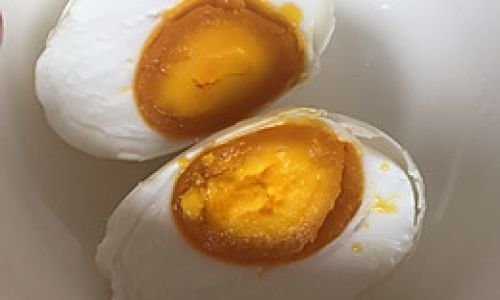
Educate and Involve Family Members
If you’re pickling eggs in a household setting, involve family members in the process and educate them about the importance of proper hygiene and storage practices. This collective effort can help prevent stale pickling water and ensure food safety.
Conclusion
The development of stale pickling water for salted duck eggs is a common challenge that can be mitigated through careful planning, proper handling, and regular monitoring. By understanding the causes of staleness, recognizing the potential health risks, and following comprehensive steps to address and prevent the issue, home cooks and small-scale producers can enjoy the deliciousness of pickled duck eggs without compromising food safety. Remember, the key to successful pickling lies in maintaining a clean, balanced brine and storing it in optimal conditions. With these practices in place, stale pickling water will be a problem of the past.
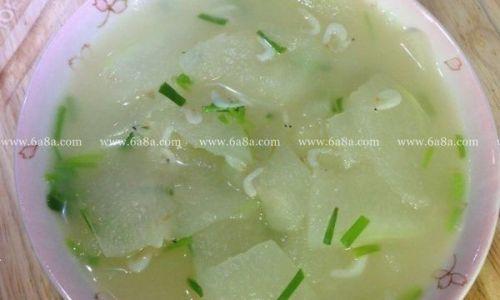
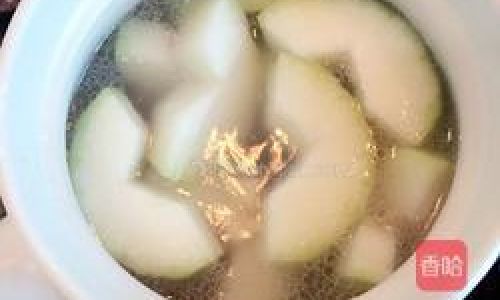
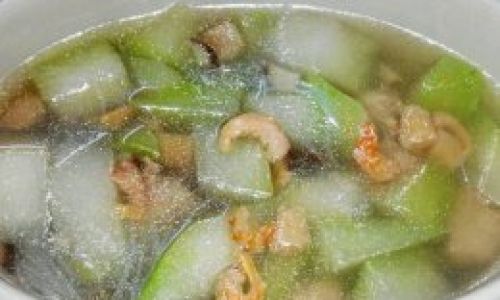


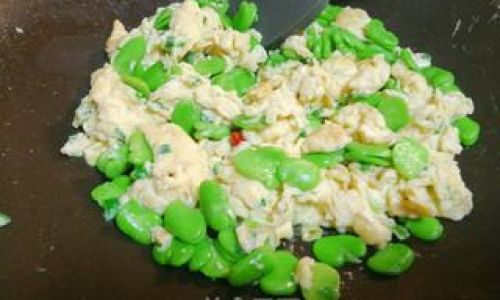
0 comments